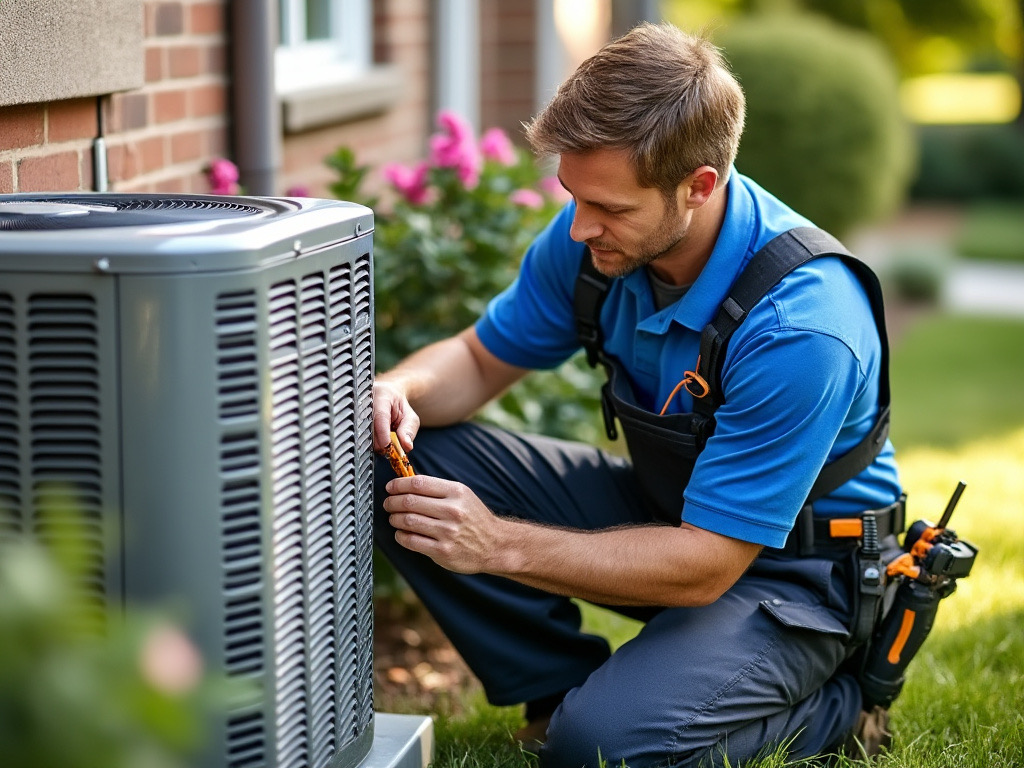
Signs Your Vehicle Requires Maintenance
Several indicators suggest that your vehicle may need maintenance. Unusual noises, such as grinding or squeaking when braking, often signal underlying issues. Additionally, warning lights on the dashboard, such as the check engine light, should not be disregarded. Changes in performance, like a decrease in fuel efficiency or difficulty starting, are also signs that your car requires immediate attention.
Regular maintenance is crucial for prolonging the lifespan of your vehicle. Routine checks help identify minor issues before they escalate into costly repairs. Maintaining your vehicle can enhance safety and reliability, while also improving overall performance. Staying proactive with Maintenance and Tune-Ups ensures a smoother driving experience and can prevent future breakdowns.
Warning Signs That Should Not Be Ignored
Your vehicle may exhibit several warning signs indicating the need for immediate attention. Strange noises, such as grinding or knocking, can suggest issues with essential components like the engine or transmission. Additionally, warning lights on the dashboard should not be taken lightly; they often indicate problems that could worsen if ignored. Unusual smells, like burning or sweet odors, are signals that something is amiss. These indicators necessitate prompt action to ensure safety and operational reliability.
Delayed response to these signs can lead to costly repairs down the line. Regularly scheduled Maintenance and Tune-Ups play a vital role in preventing these issues from escalating. For instance, a vehicle that vibrates when driving may require alignment or tire checks. Addressing any irregularities early on can improve performance and extend the lifespan of the vehicle. Recognizing these warning signs can ultimately save time and money while keeping your vehicle in good condition.
Cost Comparison
The cost of maintenance and tune-ups can vary significantly depending on a variety of factors, including the type of vehicle, the frequency of service, and specific repairs needed. Generally, routine maintenance like oil changes, tire rotations, and fluid checks is typically less expensive than a comprehensive tune-up, which may involve replacing spark plugs, filters, and adjusting engine components. Vehicle make and model can also influence the pricing, with luxury cars often requiring more specialized services that can drive costs higher.
When considering the financial aspects, it’s important to factor in both short-term expenses and long-term savings. Regular maintenance and tune-ups can prevent larger, more costly repairs down the line. Drivers who consistently invest in these services often benefit from improved fuel efficiency and extended vehicle lifespan. Therefore, overlooking either maintenance or tune-ups can lead to higher costs in the future, making it essential to budget for both aspects adequately.
Factors Affecting the Cost of Each Service
The cost of maintenance and tune-ups can vary significantly based on several factors. The type of vehicle plays a crucial role; luxury or performance cars often require specialized parts and expertise, which can drive up the price. Additionally, the frequency of required services according to the manufacturer’s recommendations can also impact costs. A well-maintained vehicle might incur lower expenses over time due to fewer repair needs.
Geographic location is another significant factor affecting costs. Labor rates and parts availability can fluctuate based on local market conditions. Seasonal weather changes may also influence how often maintenance and tune-ups are required. For instance, regions with harsh winters may necessitate more frequent inspections of heating systems and battery health. Understanding these dynamics helps car owners budget for their vehicle care effectively.
Benefits of Regular TuneUps
Regular tune-ups play a crucial role in enhancing the overall performance of a vehicle. They ensure that essential components such as spark plugs, fuel filters, and ignition systems are functioning optimally. A well-timed tune-up can lead to better fuel efficiency and improved engine responsiveness. This proactive approach helps drivers avoid more severe issues down the road, ultimately saving money on repairs and extending the life of the vehicle.
In addition to performance benefits, tune-ups contribute to the vehicle's reliability and safety. During a tune-up, mechanics often inspect various systems and parts, identifying potential problems before they escalate. This preventive step complements routine maintenance and tune-ups, allowing drivers to address minor concerns before they compromise vehicle safety. Greater peace of mind on the road comes from knowing that regular tune-ups help maintain a reliable and efficient vehicle.
How TuneUps Improve Vehicle Performance
Regular tune-ups significantly enhance vehicle performance by ensuring that all critical components work optimally. During a tune-up, technicians inspect and adjust parts such as spark plugs, ignition systems, and fuel injectors. This process helps to restore proper engine function, improving fuel efficiency and reducing harmful emissions. When these components are operating at peak performance, the engine runs more smoothly, providing a better overall driving experience.
Maintenance and tune-ups together create a comprehensive approach to vehicle care. While maintenance focuses on routine tasks such as oil changes and tire rotations, tune-ups delve deeper into performance optimization. This combination not only extends the life of the vehicle but also addresses potential issues before they escalate into more significant problems. By investing in both maintenance and tune-ups, drivers can ensure their vehicles remain reliable and efficient for years to come.
FAQS
What is a tune-up?
A tune-up is a series of services performed on a vehicle to ensure its engine is running optimally. This can include replacing spark plugs, adjusting timing, and checking the fuel and air systems.
What does regular maintenance involve?
Regular maintenance typically includes routine checks and services such as oil changes, tire rotations, fluid checks, and brake inspections aimed at keeping the vehicle in good working condition.
How often should I get a tune-up?
The frequency of tune-ups can vary based on the vehicle model and driving conditions, but it is generally recommended every 30,000 to 100,000 miles depending on the manufacturer's guidelines.
Are tune-ups and maintenance the same thing?
No, while both are essential for vehicle health, tune-ups focus specifically on the engine's performance, whereas maintenance includes a broader range of services to keep the entire vehicle in good condition.
How can I tell if my vehicle needs a tune-up or maintenance?
Signs that your vehicle may need a tune-up include poor acceleration, rough idling, and decreased fuel efficiency. For maintenance, look for warning lights on the dashboard, unusual noises, or changes in handling.
